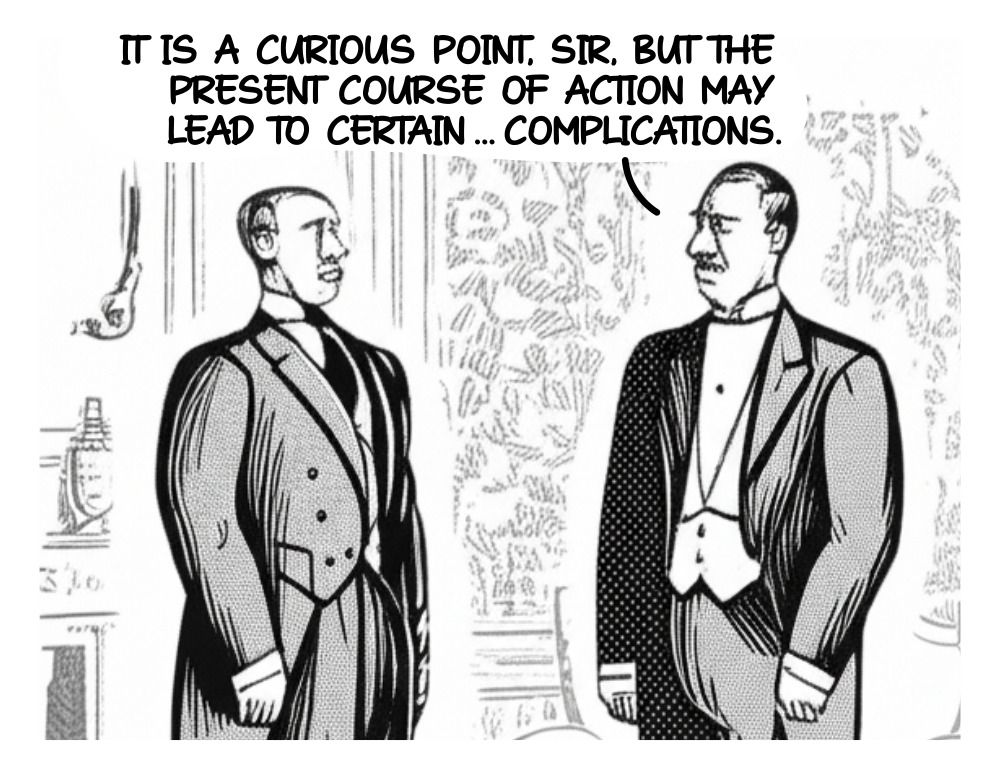 When Alan Mulally became Ford’s CEO in September 2006, the company was teetering on the edge of collapse. Ford had just posted a staggering $12.7 billion loss, was hemorrhaging market share to Japanese and Korean automakers, and was weighed down by outdated, inefficient products. Worse, the company was drowning in debt and facing a brutal liquidity crisis. Ford was desperate for a complete overhaul.
When Alan Mulally became Ford’s CEO in September 2006, the company was teetering on the edge of collapse. Ford had just posted a staggering $12.7 billion loss, was hemorrhaging market share to Japanese and Korean automakers, and was weighed down by outdated, inefficient products. Worse, the company was drowning in debt and facing a brutal liquidity crisis. Ford was desperate for a complete overhaul.
By the time Mulally stepped down in June 2014, Ford had staged a stunning turnaround. He unified global operations, streamlined brands, and standardized platforms across regions while refocusing on core markets. He slashed costs, restructured engineering, and poured heavy investment into fuel-efficient vehicles and cutting-edge technologies. Under his steady leadership, Ford weathered the 2008 financial crisis without a government bailout and returned to strong profitability. His tenure remains a powerful case study in corporate transformation.
One of Mulally’s most crucial changes was dismantling Ford’s toxic culture of internal rivalry and reckless short-termism. When he arrived, executives were shuffled through roles every two years, a system meant to create versatile leaders but one that completely backfired. Employees scrambled to make quick impressions rather than collaborate. Engineers routinely ignored predecessors’ work, even at the cost of losing smart, cost-saving innovations. The result was chaos—no continuity, no teamwork, no accountability.
![]() Mulally understood that leadership demanded stability. After joining Boeing as an engineer in 1969, he rose steadily through key technical and executive positions. He served as Senior Vice President of Airplane Development in 1994, President of Boeing Information, Space & Defense Systems in 1997, President of Boeing Commercial Airplanes in 1998, and finally CEO of Boeing Commercial Airplanes in 2001. Drawing from this deep experience, he extended leadership tenures at Ford, broke down fiefdoms, and fostered a culture of collaboration, discipline, and long-term strategic focus. His approach restored much-needed continuity and accountability, proving that constant job shuffling weakens leadership and that real impact takes time.
Mulally understood that leadership demanded stability. After joining Boeing as an engineer in 1969, he rose steadily through key technical and executive positions. He served as Senior Vice President of Airplane Development in 1994, President of Boeing Information, Space & Defense Systems in 1997, President of Boeing Commercial Airplanes in 1998, and finally CEO of Boeing Commercial Airplanes in 2001. Drawing from this deep experience, he extended leadership tenures at Ford, broke down fiefdoms, and fostered a culture of collaboration, discipline, and long-term strategic focus. His approach restored much-needed continuity and accountability, proving that constant job shuffling weakens leadership and that real impact takes time.
Idea for Impact: Exposing leaders to different departments builds broad perspective and prepares them for senior roles. However, they need enough time in each position to take ownership, build relationships, and drive real change. Rapid job rotations erode accountability and disrupt a deep sense of purpose.
 In the modern workplace, the line between professional and personal conduct
In the modern workplace, the line between professional and personal conduct 

 It’s not pressure that breaks people—it’s pretending it isn’t there. Your job isn’t to shield your team from pressure, but to sharpen their
It’s not pressure that breaks people—it’s pretending it isn’t there. Your job isn’t to shield your team from pressure, but to sharpen their .jpg)
 Agassi casts himself as a victim of his circumstances, expressing a weariness with the grind—a sentiment many can relate to. While few may hate their jobs
Agassi casts himself as a victim of his circumstances, expressing a weariness with the grind—a sentiment many can relate to. While few may hate their jobs  Watch out for anyone who demands you jump through hoops just to be treated with basic decency.
Watch out for anyone who demands you jump through hoops just to be treated with basic decency. The tendency to divide humanity into heroes and villains, saints and devils, is
The tendency to divide humanity into heroes and villains, saints and devils, is  Conscience isn’t as reliable a guide on moral questions as it’s often made out to be. Consider
Conscience isn’t as reliable a guide on moral questions as it’s often made out to be. Consider  We will never definitively prove whether mask mandates worked during the COVID-19 pandemic—not with the crisp authority of pharmacological trials—because the circumstances themselves
We will never definitively prove whether mask mandates worked during the COVID-19 pandemic—not with the crisp authority of pharmacological trials—because the circumstances themselves